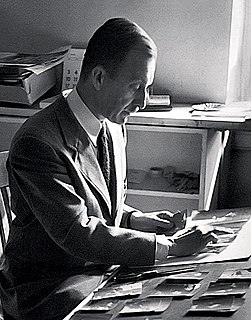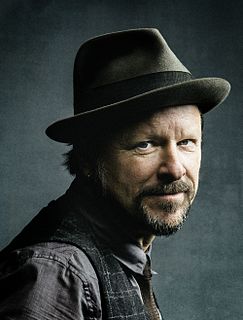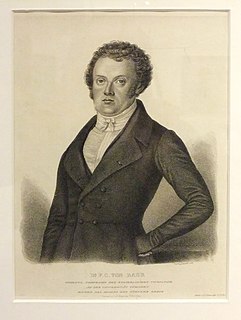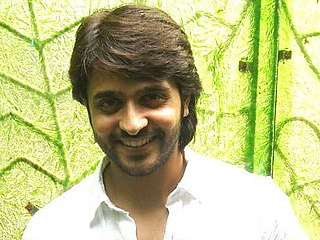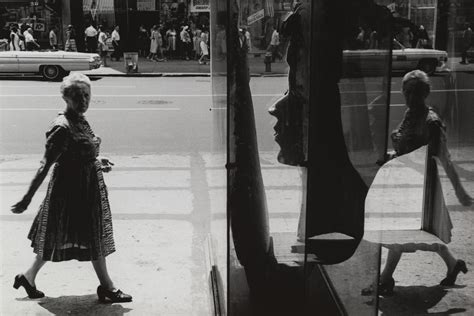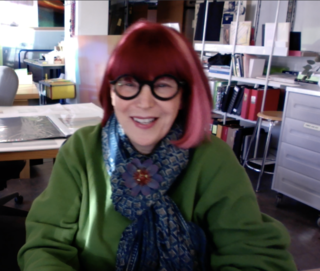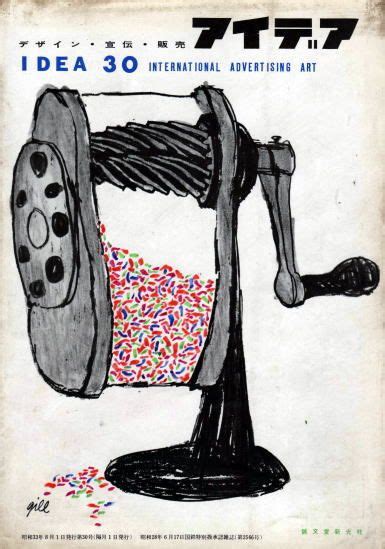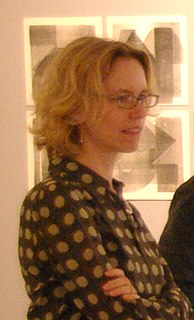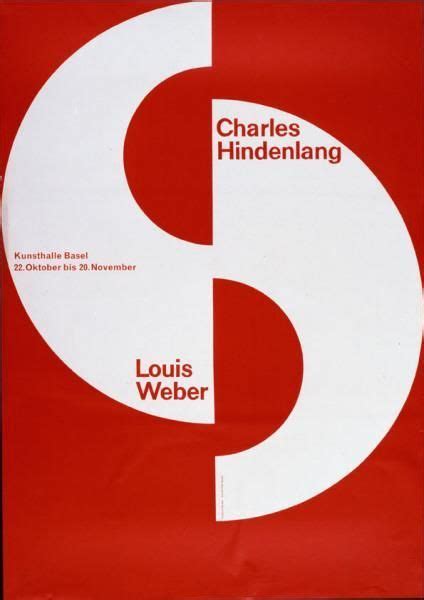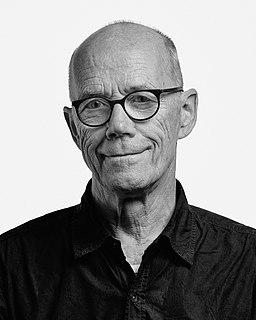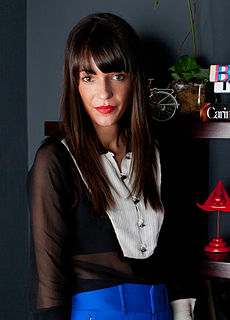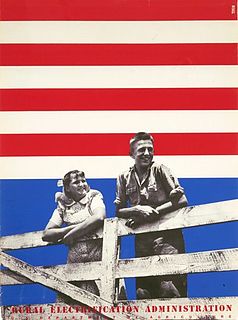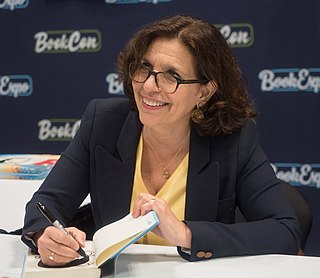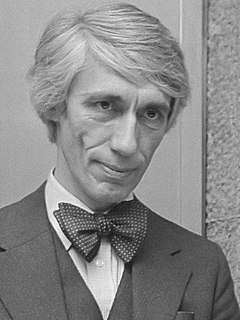A Quote by Alexey Brodovitch
When the novice photographer starts taking pictures, he carries his camera about and shoots everything that interests him. There comes a time when he must crystallize his ideas and set off in an particular direction. He must learn that shooting for the sake of shooting is dull and unprofitable.
Related Quotes
When an archer is shooting for nothing, he has all his skill. If he shoots for a brass buckle, he is already nervous. If he shoots for a prize of gold, he goes blind or sees two targets - He is out of his mind! His skill has not changed. But the prize divides him. He cares. He thinks more of winning than of shooting- And the need to win drains him of power.
I was at a Madonna show many, many years ago and I was in the sweet spot and she came out and I mean it was the best part of the show. And I was shooting, shooting, shooting, shooting. And I'm like, "God, I must have shot a hundred pictures have I not run out of film?" And I opened the back of my camera and there was no film in there. So that happened to me only once.
It is essential for the photographer to know the effect of his lenses. The lens is his eye, and it makes or ruins his pictures. A feeling for composition is a great asset. I think it is very much a matter of instinct. It can perhaps be developed, but I doubt if it can be learned. To achieve his best work, the young photographer must discover what really excites him visually. He must discover his own world.
When you work fast, what you put in your pictures is what your brought with yoiu - your own ideas and concepts. When you spend more time on a project, you learn to understand your subjects. There comes a time when it is not you who is taking the pictures. Something special happens between the photographer and the people he is photographing. He realizes that they are giving the pictures to him.
To be right, a person must do one of two things: either he must learn to have God in his work and hold fast to him there, or he must give up his work altogether. Since, however, we cannot live without activities that are both human and various, we must learn to keep God I everything we do, and whatever the job or place, keep on with him, letting nothing stand in our way.
Sometimes, if you're shooting a complicated scene, you have to stay in a position and wait for the technician to do his job, and then you have to be where you're supposed to be, right on the spot. You don't rehearse all that much on films. If I think of the amount of time I spend on set compared with the time spent shooting, it's ridiculously short.
Instead of encouraging the student to devote himself to his studies for the sake of studying, instead of encouraging in him a real love for his subject and for inquiry, he is encouraged to study for the sake of his personal career; he is led to acquire only such knowledge as is serviceable in getting him over the hurdles which he must clear for the sake of his advancement.
In a sense, the religious person must have no real views of his own and it is presumptuous of him, in fact, to have any. In regard to sex-love affairs, to marriage and family relations, to business, to politics, and to virtually everything else that is important in his life, he must try to discover what his god and his clergy would like him to do; and he must primarily do their bidding.
It fascinates me that there is a variety of feeling about what I do. I'm not a premeditative photographer. I see a picture and I make it. If I had a chance, I'd be out shooting all the time. You don't have to go looking for pictures. The material is generous. You go out and the pictures are staring at you.
An actor must interpret life, and in order to do so must be willing to accept all the experiences life has to offer. In fact, he must seek out more of life than life puts at his feet. In the short span of his lifetime, an actor must learn all there is to know, experience all there is to experience, or approach that state as closely as possible. He must be superhuman in his efforts to store away in the core of his subconscious everything that he might be called upon to use in the expression of his art.
The personality and style of a photographer usually limits the type of subject with which he deals best. For example Cartier-Bresson is very interested in people and in travel; these things plus his precise feeling for geometrical relationships determine the type of pictures he takes best. What is of value is that a particular photographer sees the subject differently. A good picture must be a completely individual expression which intrigues the viewer and forces him to think.
I was shooting all this time. And there was only one guy who helped to pull him. And I had to think whether I was going to keep shooting or help the guy. And so I kept shooting and then they put him in this little clinic, and I photographed through the window while they had to amputate his leg. And I felt very strange because I didn't - I felt I could have helped, but I didn't help. But then I also felt elated that I was getting a shot that would be important to the film.
